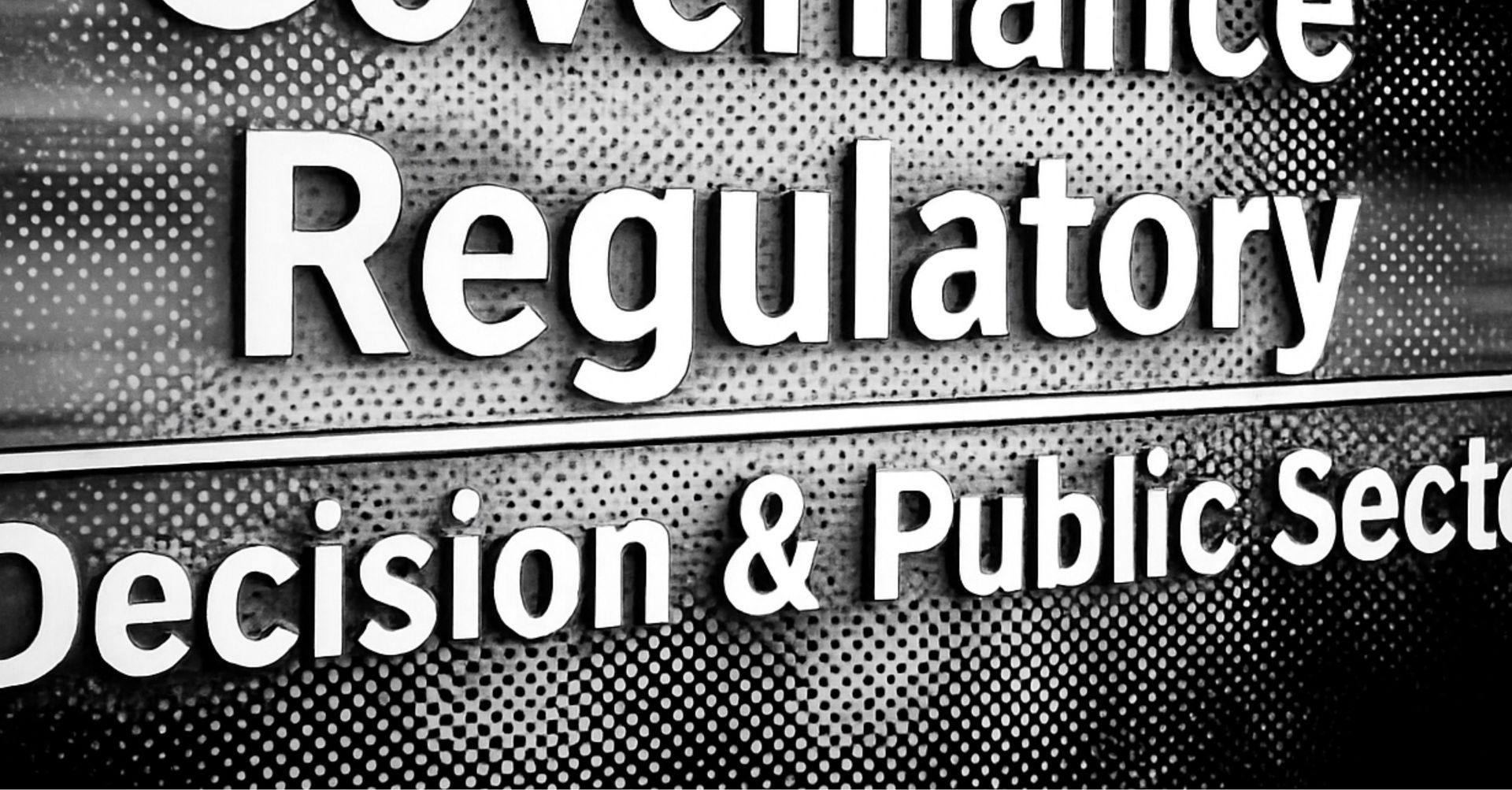The Strategies Required to Attract the Best Talent
Yvonne Kelly • February 24, 2021
‘Managing expectations is one of the most important aspects of any assignment’
Article originally featured at: https://bizplus.ie/reports/
A healthy corporate culture, which values all employees regardless of their title or responsibility level, will always be more attractive to a prospective employee. A large percentage of the workforce will spend at least eight hours per day with their work colleagues so, for many Corporate culture is one of the key deciding factors for candidates when considering a career move. The corporate culture is at least as important as their remuneration package.
As the role of any CEO is to ensure the overall success of the organisation, they need to be a strong leader and a positive influencer. It is crucial that they project a positive image and strong values in order to earn the respect of their employees. In our experience, the companies that attract the best talent tend to have leaders who are optimistic, confident and passionate about their business. As employers, they are usually pragmatic and inspirational, with strong integrity and excellent communication skills.
Career advancement and skill enhancement are often the principal motivators behind decisions to seek a new role. Candidates often come to us feeling frustrated because they are either ‘stuck in a rut’ or see no opportunity for advancement due to the existing hierarchy within their organisation.
Companies that offer merit-based career advancement rather than solely basing it on length of service tend to be the more attractive options for these candidates. Employers who have structured and formal educational programmes in place to encourage skills and knowledge advancement have a higher success rate in hiring the best talent.
Smaller companies often face a challenge when it comes to competing with the corporates for good candidates. Not only is it difficult for SMEs to pay the salaries and benefits offered by larger employers but they may not have the resources to provide educational programmes and performance appraisals that are common in big organisations.
On the flip-side however, many candidates decide to move away from the ‘big firm’ culture to a smaller company which might offer a less ‘hands on’ management style and a more transparent and quicker path to promotion.
Agile working is the new buzz phrase at the moment for many employers and candidates. An agile working policy gives employees the freedom and flexibility to work certain hours from home or remotely when required. This suits mothers returning to work after maternity leave or time out, and for women (and men) looking for a more flexible working arrangement.
Companies not willing to offer such policies or flexibility may struggle in securing top talent.
In my view, the role a recruiter plays in the recruitment process is crucial. Managing expectations on both sides is one of the most important aspects of any recruitment assignment.
A knowledgeable and experienced recruiter will be capable of giving both client and candidate a realistic timeframe, and salary expectations, job titles and other employment conditions must be managed carefully from the outset. If these key expectations are not managed efficiently and with transparency, unnecessary conflict can arise that can cause the process to fall apart.











